Heiress, The (1949)
“Only I know what I lost when she died — and what I got in her place.”
|
Synopsis: |
|
Genres, Themes, Actors, and Directors:
Review: Peary further notes that “it’s obvious… [Catherine] has been deprived of love and affection her whole life by her father and other men”; when watching how she “endures her father’s subtle insults”, we can tell that “she has been his target for so long that she accepts them as part of the daily routine”. Indeed, seeing poor Catherine endure so much — and then watching her taken in by Clift’s charms, with only heartache of one kind or another sure to follow — is more than many viewers may want to subject themselves to. But de Havilland’s performance is so achingly vulnerable — and the screenplay (by Ruth and Augustus Goetz) so finely crafted — that we can’t help watching in morbid anticipation to see how Catherine will proceed. Ultimately, The Heiress becomes a tale of sad revenge, as Catherine suddenly realizes she has endured a lifetime of unwarranted mistreatment from her emotionally abusive father, and must tap into an inner strength she’s only beginning to realize she possesses. While de Havilland’s performance is universally acknowledged as masterful, opinions differ widely on how successful (or not) Clift is as Catherine’s ambiguously-motivated suitor; personally, I find him nicely cast, with oodles of requisite charm and good looks, and fully believable as a closet cad. Meanwhile, Richardson gives a chilling performance as Catherine’s father (the things he says!), and Miriam Hopkins is convincing in a supporting role as Catherine’s over-eager Aunt Lavinia. Adding to the film’s power and authenticity are fine attention to period detail, skilled direction by Wyler, and a noteworthy score by the inimitable Aaron Copland. Film fanatics shouldn’t miss seeing this classic literary adaptation at least once. Redeeming Qualities and Moments:
Must See? Categories
(Listed in 1001 Movies You Must See Before You Die) Links: |
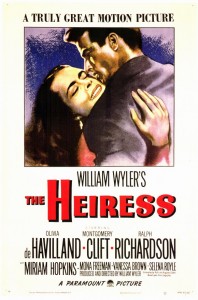
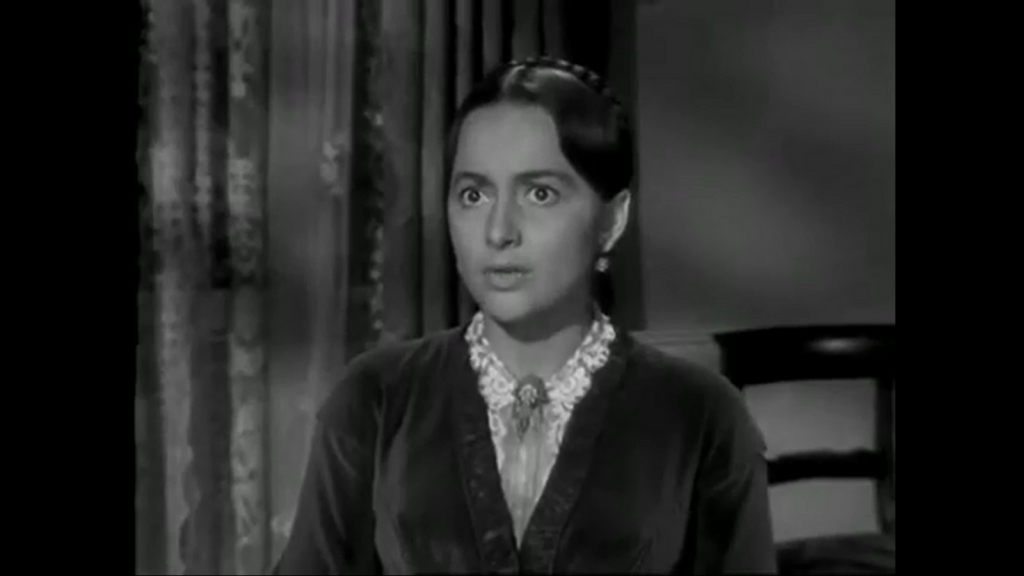
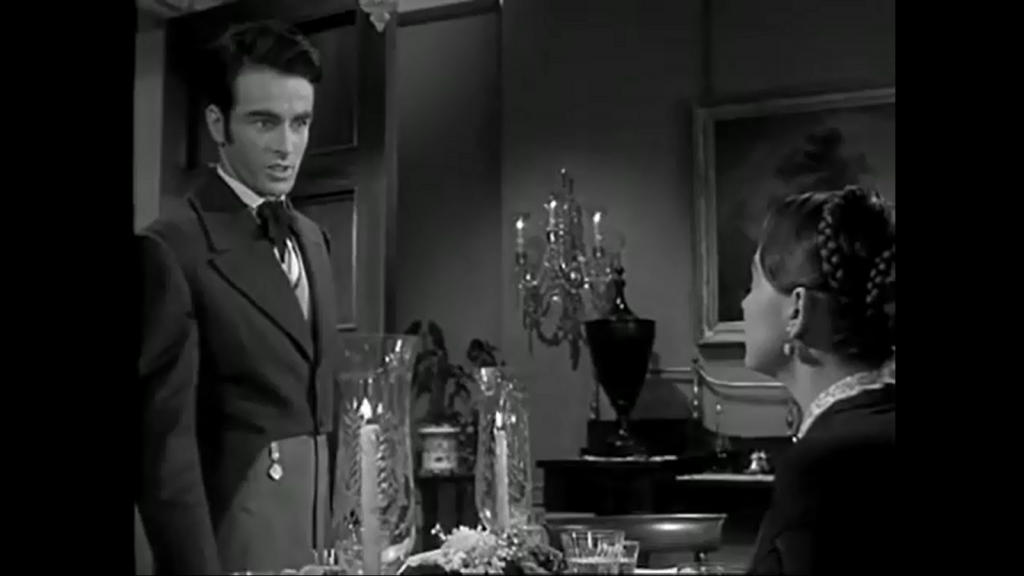
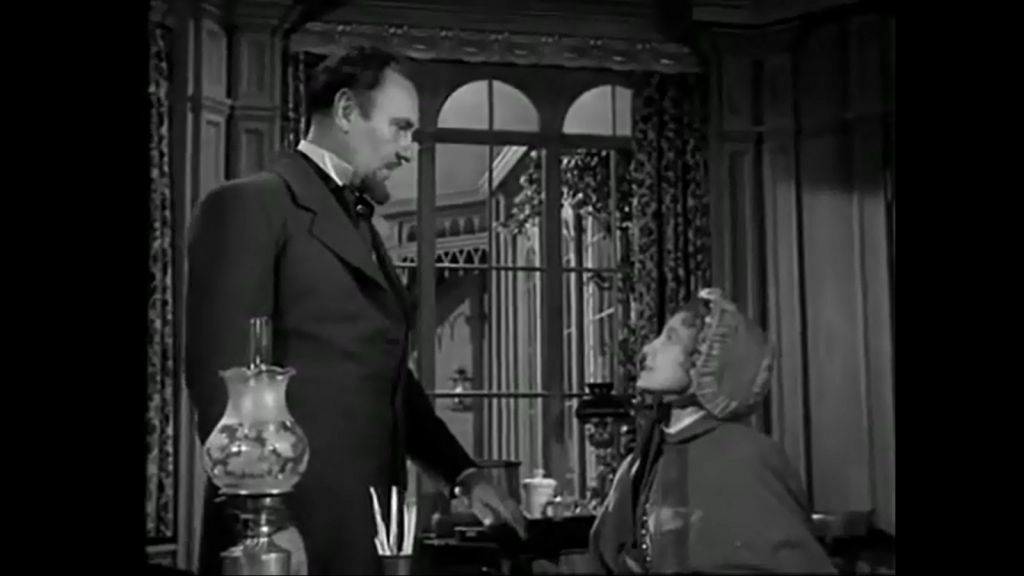
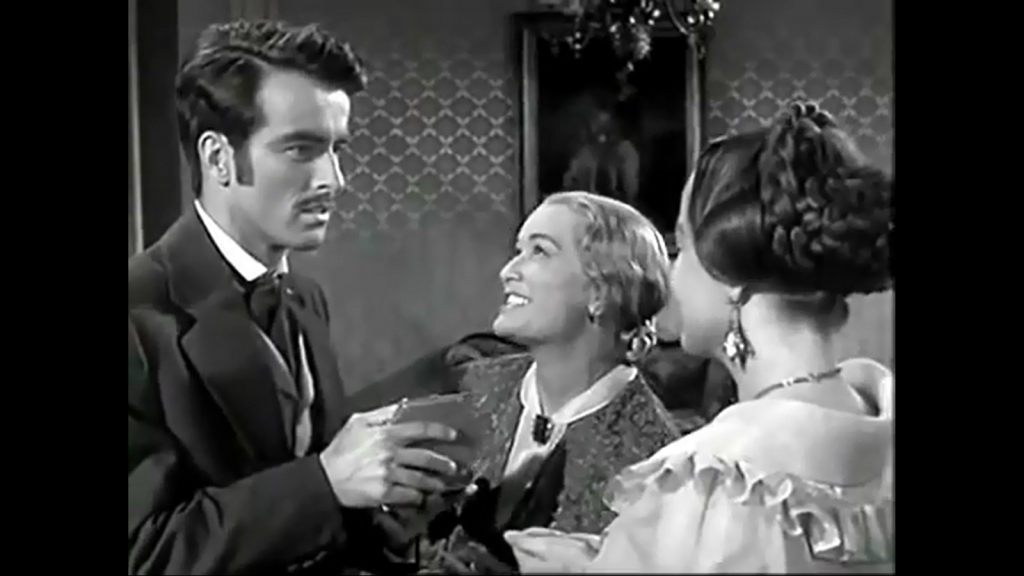
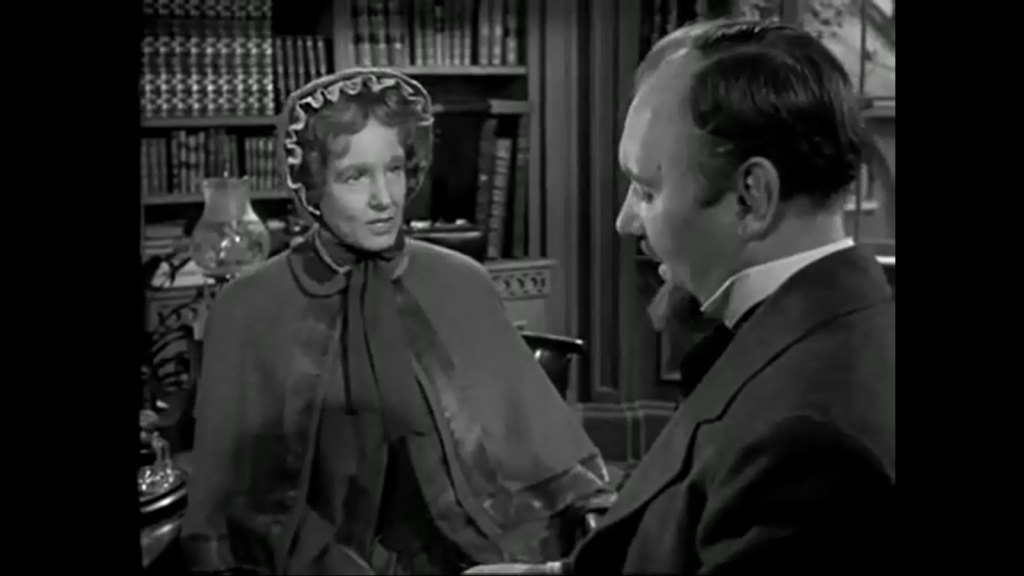
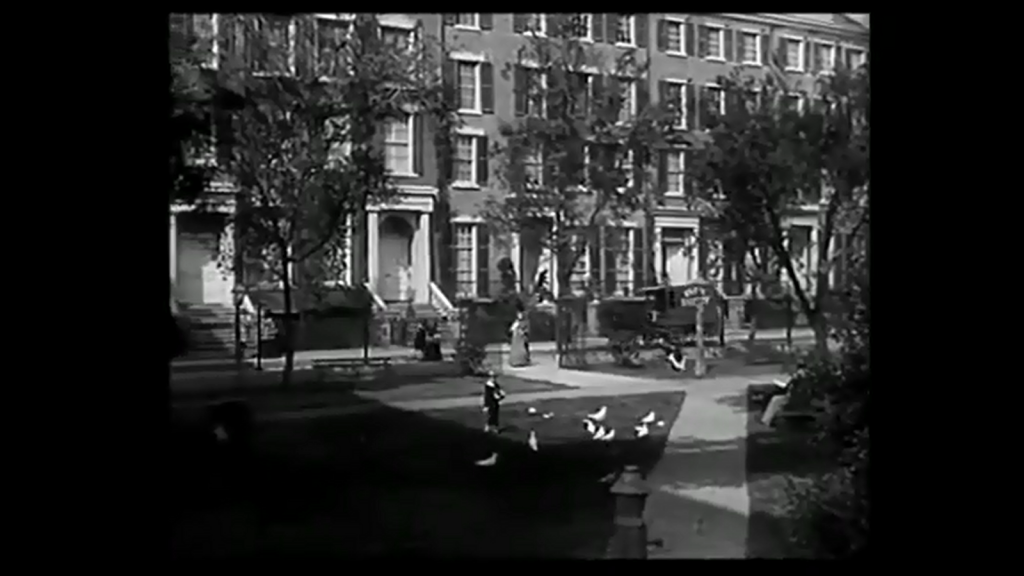
One thought on “Heiress, The (1949)”
A once-must. Mainly for its place in cinema history – but mostly for Ralph Richardson’s performance.
It had been many years since I’d last seen this film. So seeing it again really was like seeing it fresh. I had just about no memory of it – which kind of tells me that a) I most likely had only seen it once before, and b) I wasn’t that taken with it when I first saw it.
I have no issues with any of the exquisite design, the direction (necessarily), the script (for the most part), photography or music score. The film is served up as a class act in most of its package detail.
But a lot bothers me personally about some of the performances.
I know many are simply in love with de Havilland’s work – but, frankly…though I often love her as an actress, I don’t really buy most of what she’s doing here. For most of the film, I sense she’s ‘acting’ the role (esp. with a kind of surface sense of being a naive young thing) instead of being the role. All of that changes, however, when Clift’s character betrays her. It’s at that moment – and from there to the end of the film – that I think de Havilland finally hooks into something she has the confidence to play: the wronged woman. She not only sees what her false suitor has done to her, but what her father has been doing to her for much too long a time. And de Havilland plays the hell out of that.
Clift doesn’t register for me much here personally – because his character has no color and it’s rather one-note. It would be a hard role for anyone to play, really, and expect to be memorable in it. He has a moment of welcome nuance here and there, but not much.
Hopkins is an actress I’m not personally fond of (to put it lightly) but she bothers me here less than in most of her earlier performances. Wyler seems to have kept her in fine, rather subdued check and, overall, she delivers what the role needs.
But Richardson! Here’s an actor who takes firm control of his role the moment he appears – and, with generous amounts of shading and subtext, gives us a remarkable portrait of a man shattered by a love taken from him too soon. He makes the world (and his daughter) pay for that…not altogether consciously or overtly, but completely nonetheless. He bears the veneer of the ultimate proper gentleman – but his heart is hard and fixed. I was simply amazed and impressed by Richardson’s thorough understanding of who this man is. And I think …seeing the film again now that I’m older, I have more of an appreciation of how this kind of person could become the man that he is.